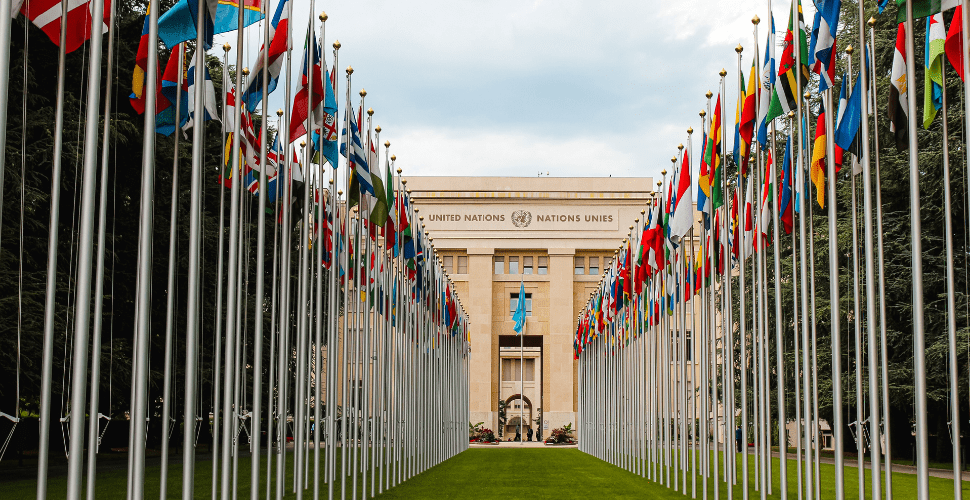This past week, world leaders have assembled at the United Nations (U.N.) in New York for the annual opening of the General Assembly. While some diplomats have taken to the podium, many advocates have done the same on the streets and in the media. They have a common message: the U.N. must act on the recent confirmation by outgoing human rights chief, Michelle Bachelet, of “human rights violations” in the Uyghur Region of China.
Just before Bachelet’s release, the U.N. special rapporteur on slavery released a report confirming the Uyghur forced labor system. Last week, the new Global Estimates of Modern Slavery reported on forced labor in the Uyghur Region.
Rayhan Asat, a Uyghur lawyer whose brother is imprisoned in China told Al Jazeera, “We should not let the Chinese government off the hook by normalising what the state did because, at the end of the day, this is state violence.”
Deputy U.S. ambassador to the U.N., Jeffrey Prescott, has gone further, stating that the integrity of the U.N. and the credibility of the entire international system hangs on its response to China.
Prescott noted how “deeply disheartening” it is for a permanent member of the Security Council to violate its commitments. However, the U.N. has been slow to report on the issue and will likely take as much time to act.
The Freedom United community has been pushing for an end to Uyghur forced labor for years. But China and the U.N. are not the only significant players. Big businesses have profited immensely from Uyghur forced labor in various sectors but particularly in the apparel industry.
In response to the U.N. report, Freedom United Executive Director, Joanna Ewart-James stated, “Given the abuses documented, this can only be achieved by ending business relationships with companies linked to the Uyghur Region and the forced labor system.” Most corporations have at minimum a human rights clause somewhere in the values statement with some even having modern slavery stances.
Given the overwhelming evidence of human rights abuses, including forced labor, from sources as varied as human rights activists and the U.N., it is beyond time that big corporations fix their supply chains to ensure that they are free of Uyghur forced labor.



